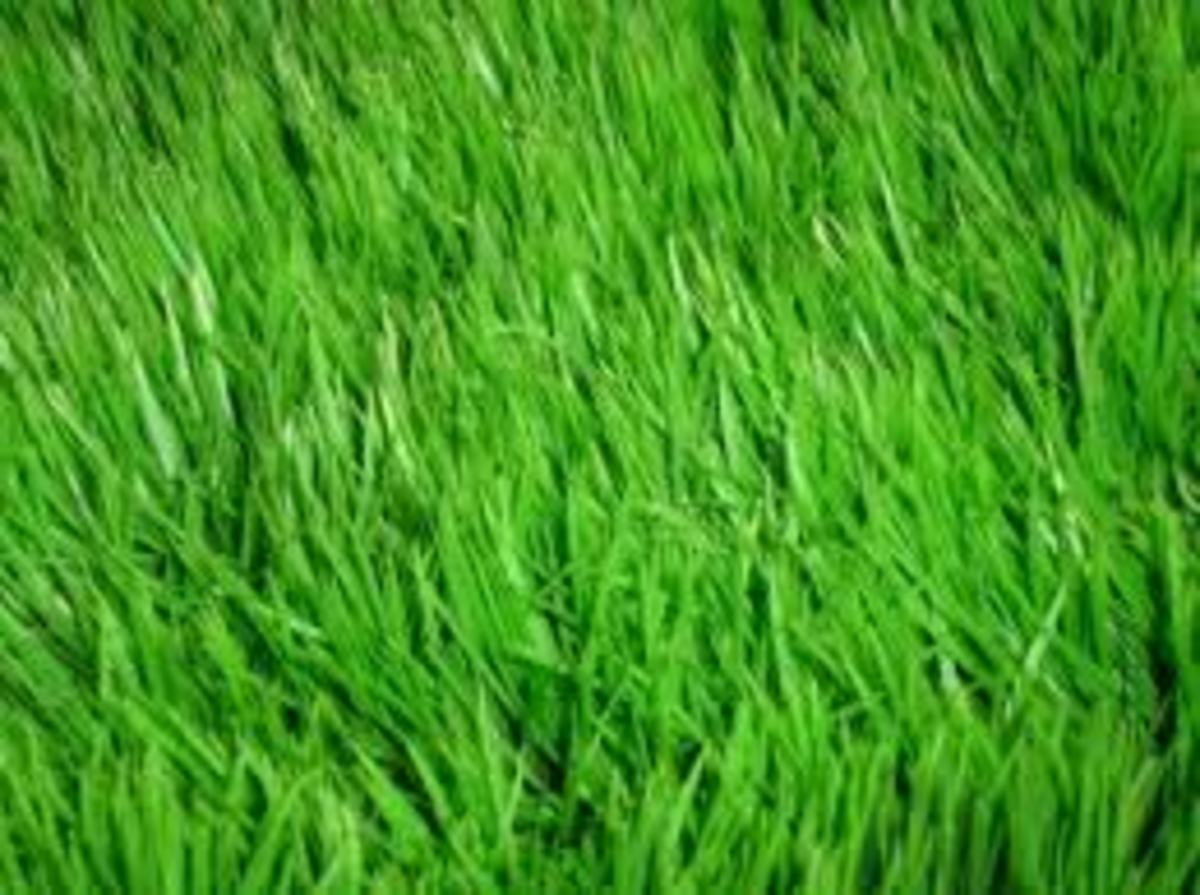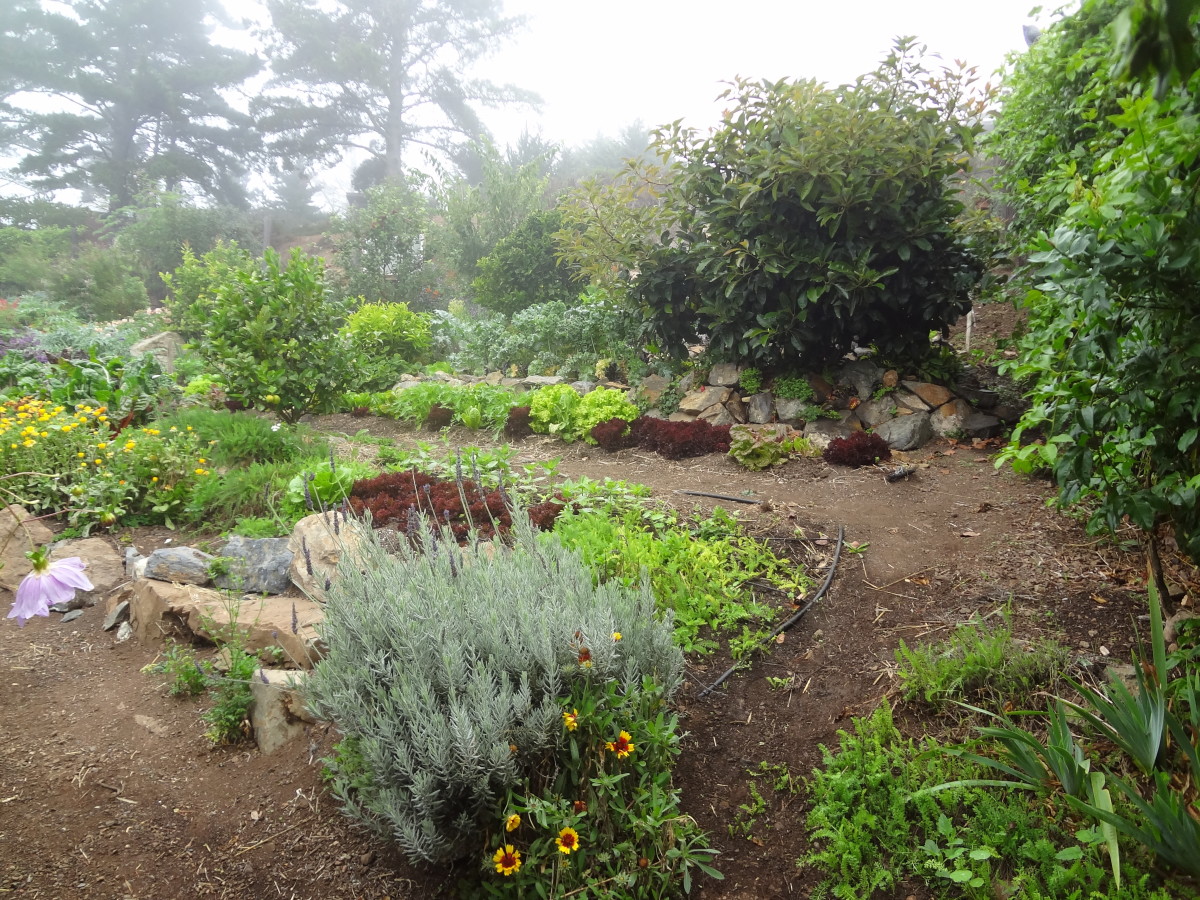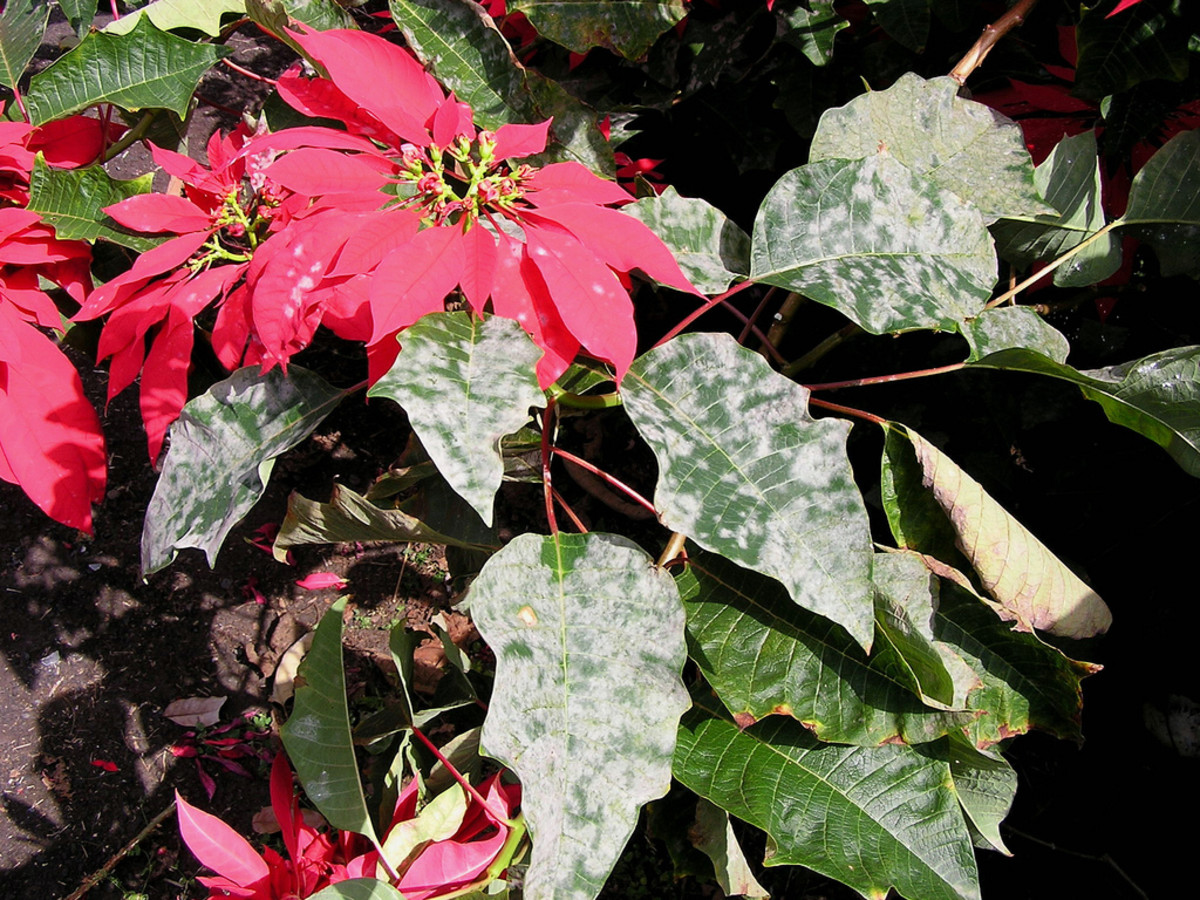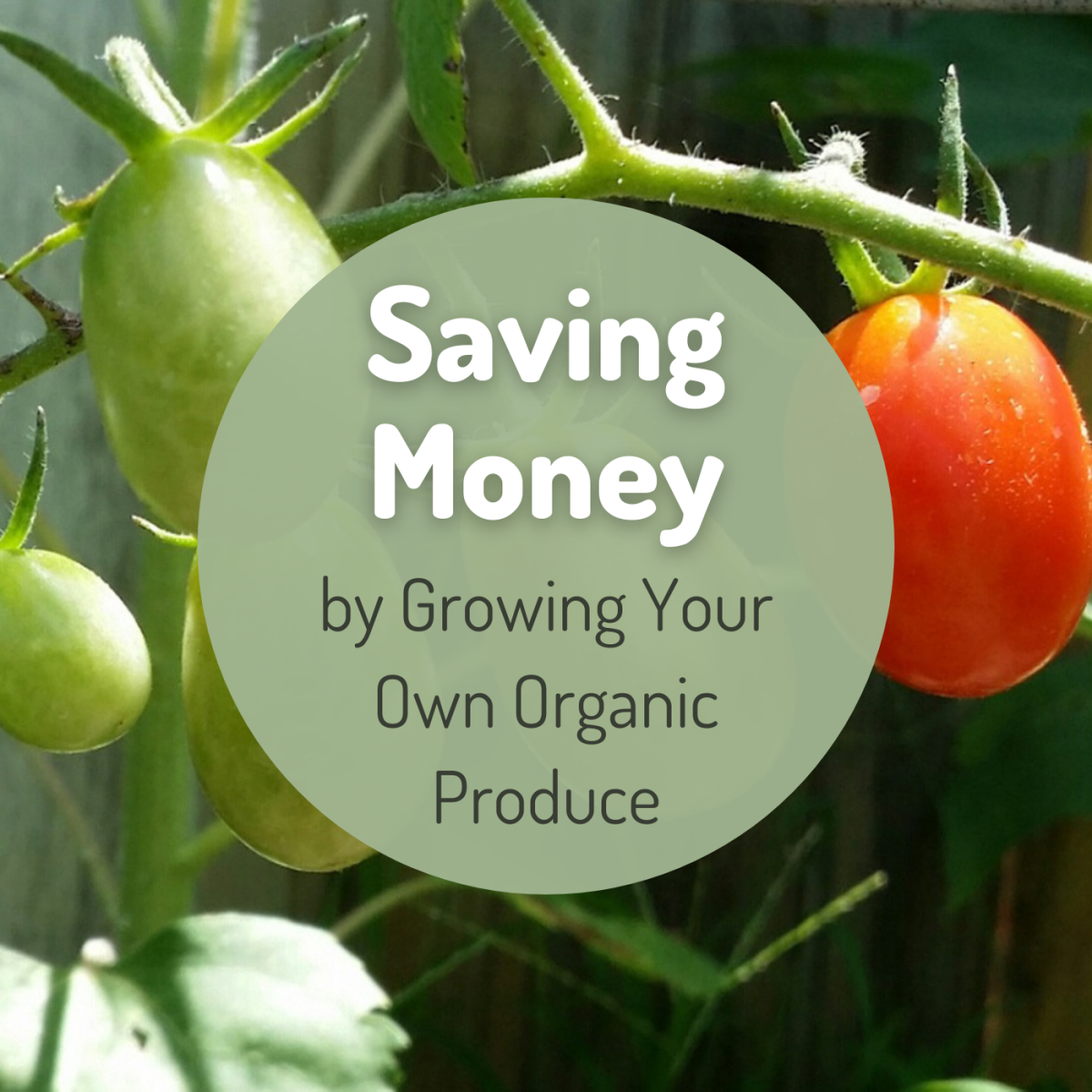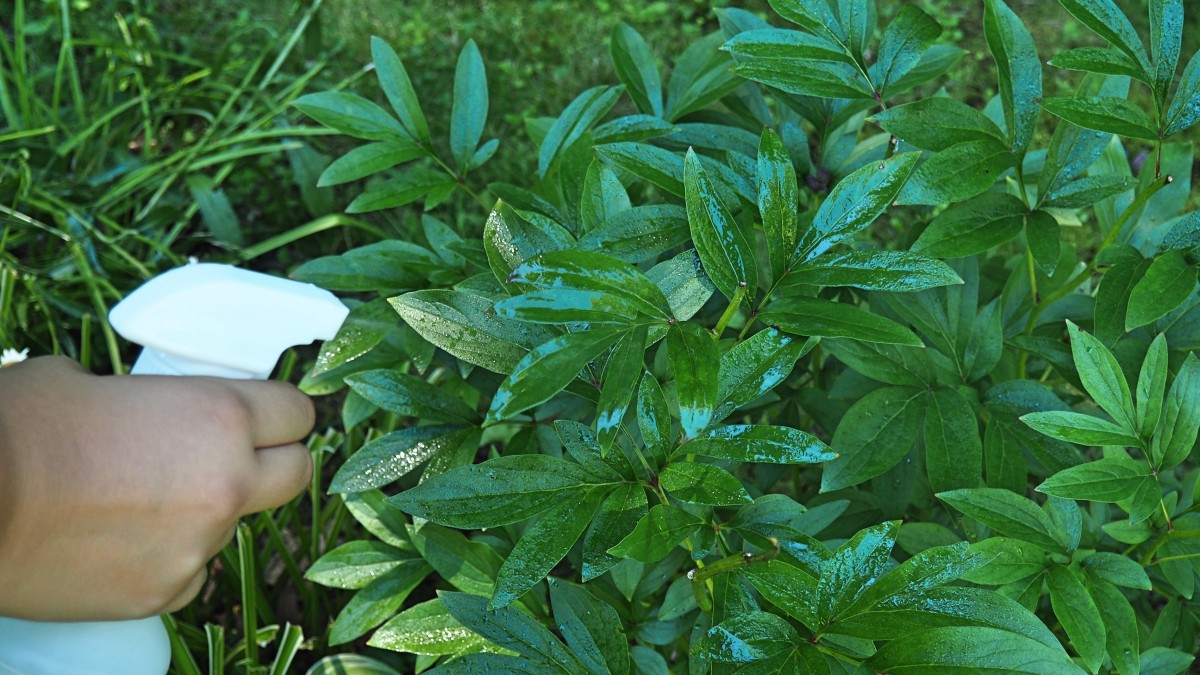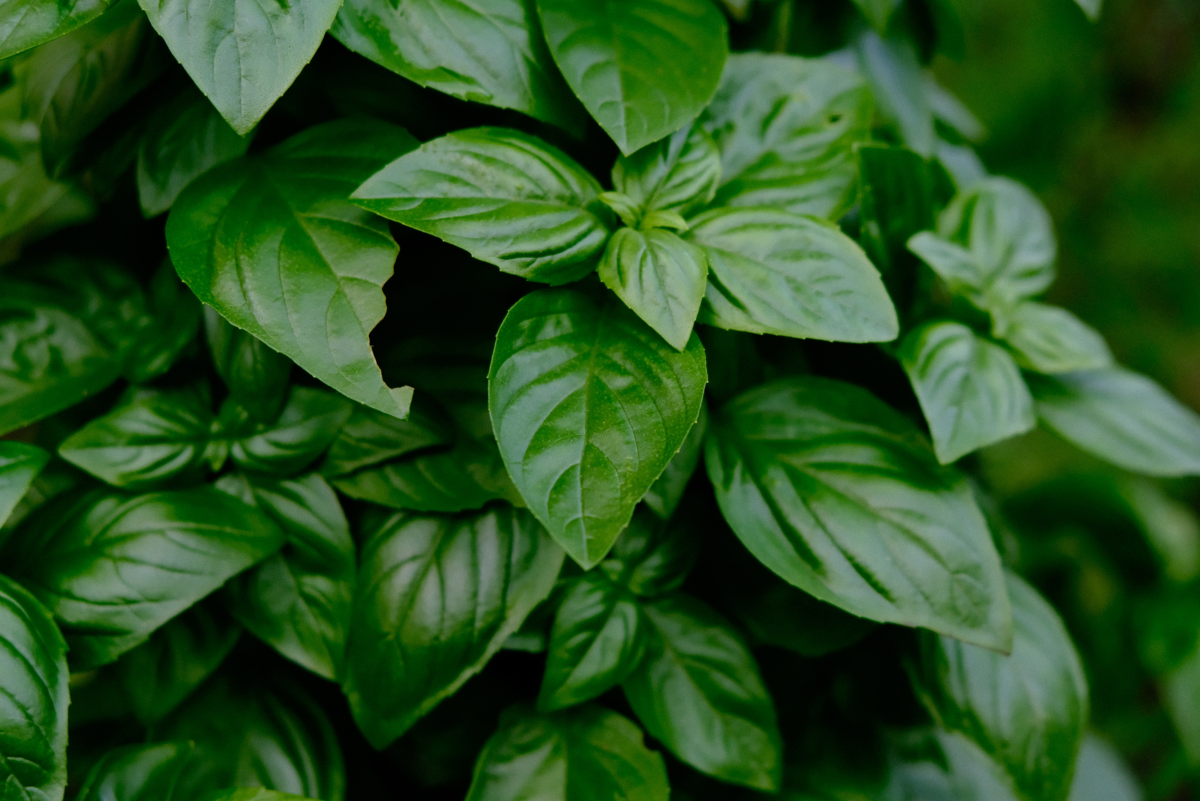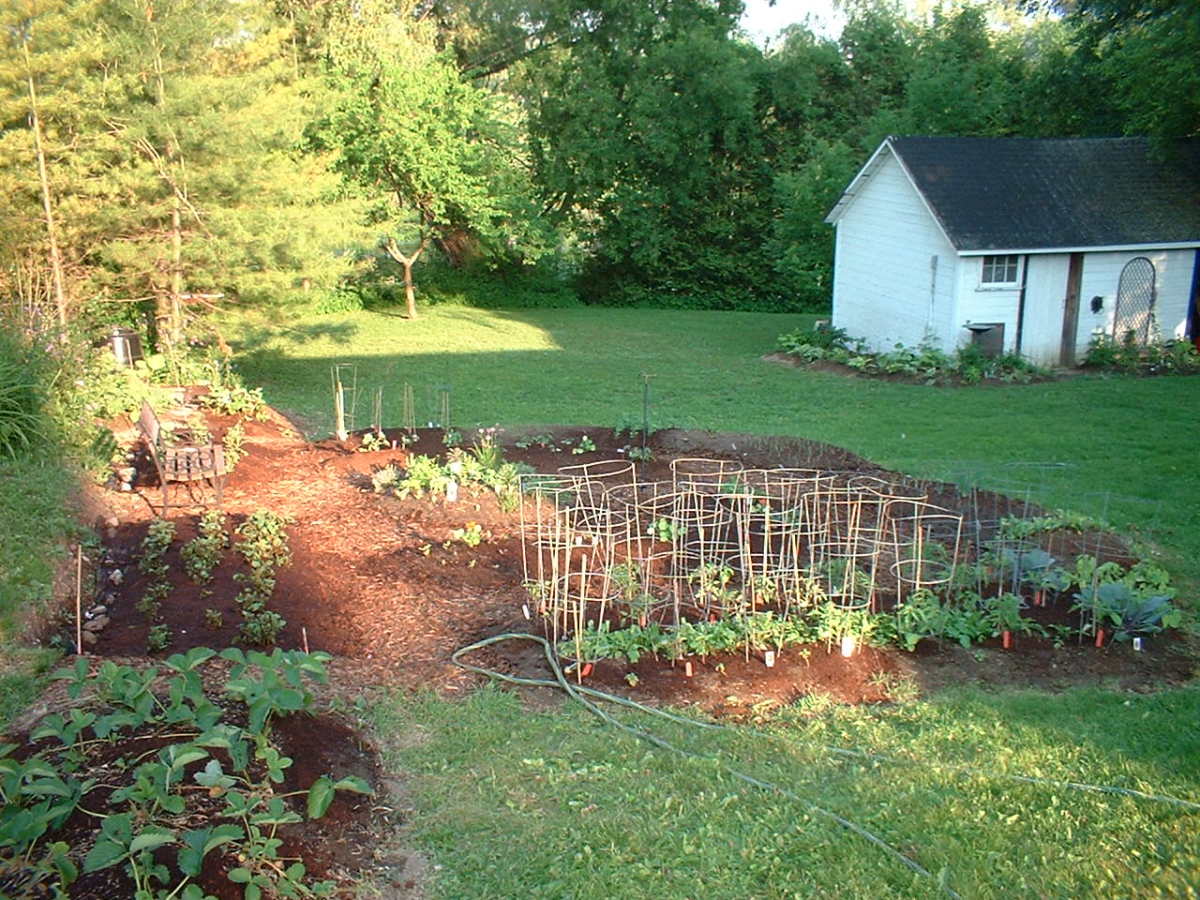Grow Organic Tomatoes
Tomatoes are one of the most popular garden plants. Many gardeners are concerned about what their plants absorb and how the fruit is impacted. Organically grown tomatoes are not dependent on chemical fertilizers and pesticides, but require a lot of attention and care. Soils, fertilizers, tomato varieties, and pesticides must be deeply considered when growing organic tomatoes. Growing tomatoes organically takes time and patience to master, which discourages many growers from organic gardening.

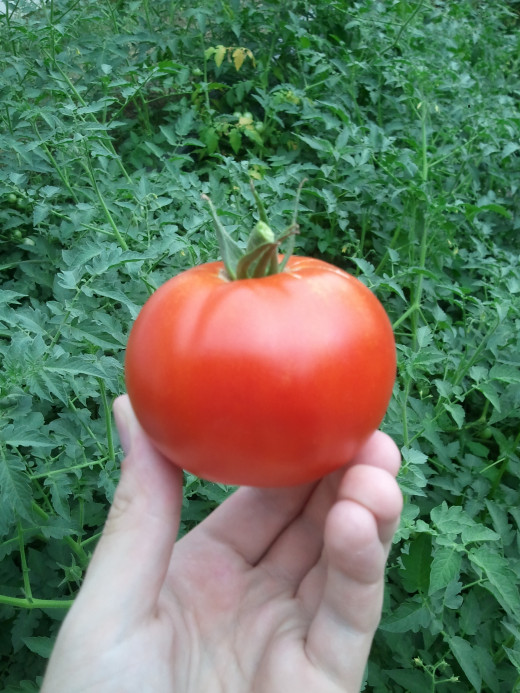
Ideal Tomato Varieties
Disease-Resistant Varieties
There are numerous varieties of tomatoes. The word "numerous" doesn't even begin to describe how many varieties are available. New varieties are developed every year, while older varieties remain popular. Disease-resistant varieties are great for organic growing, and reduce the need for pest and disease control. Resistances to verticillium and fusarium wilt are ideal. Nematode resistances are highly desired also, and will discourage tiny nematode worms from damaging the tomato plant's roots. Many retail centers feature "VFN" on the plant tag to indicate verticillium wilt, fusarium wilt, and nematode resistances.
Days-to-Harvest Intervals
Days-to-harvest intervals are very important depending on USDA zones. Tomatoes grown in Texas (zones 8a to 10b) may prefer a short days-to-harvest interval compared to a longer interval that is preferred in Wisconsin (zones 3a to 5b). High temperatures over an extended period will cause tomatoes to abort blooming, which will result in little or no fruit.

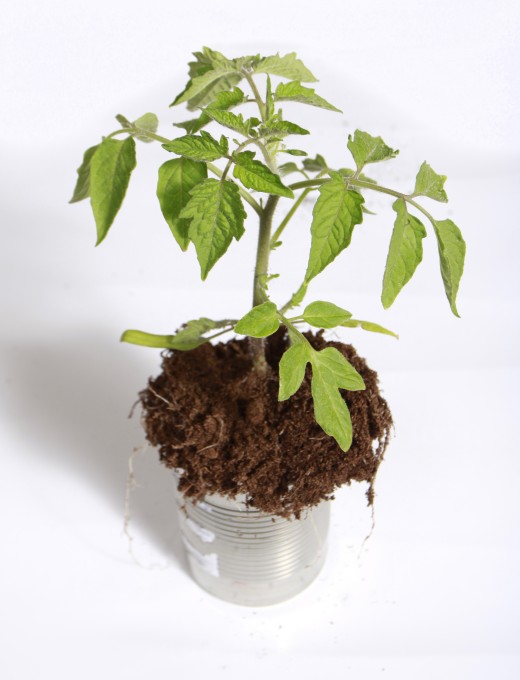
Fertile Organic Soil
Organic Soil Amendments
Tomatoes are deeply rooted and can deplete nutrients fairly well. Few gardeners have ideal soil for tomato growth, but simple amendments can be made to create the ideal soil environment. Organic matter is fundamental when creating fertile soil for tomatoes. Mixing compost, shredded mulch, and/or manure deeply into existing soil is an easy way to amend soil.
Bio-solid fertilizer is also an option, such as Milorganite. Bio-solid fertilizer is recycled and sterilized sewage, which is effective and cheap. Many argue that bio-solid fertilizer isn't truly "organic" due to its content being recycled sludge, which contains minuscule amounts of elemental contaminants.
Soil Drainage and Moisture Content
Sandy soils do not hold adequate water, while clay soils do not allow enough drainage. Raising the bed of a garden using organic matter and mulch will facilitate drainage. Soil can be extremely fertile, but tomato root systems will suffer if saturated or left to dry out. Roots need air to avoid root rot, while remaining slightly moist to avoid dehydration. Laying mulch on top the soil will help reduce moisture loss, as well as keeping root zones cool.

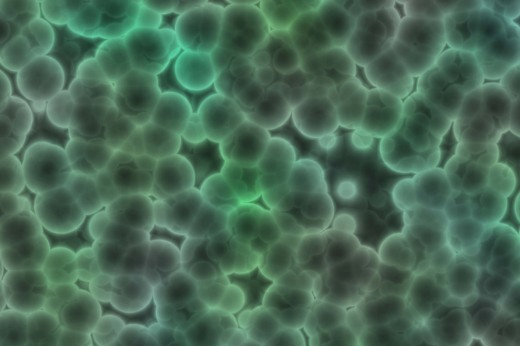
Disease Control
Prevention is Control
The best disease and pest control is prevention. This is the most highly stressed rule in disease and pest control, whether organic or not. The second most stressed rule is hasty problem identification and prompt action.
Space, Air Circulation & Watering
Tomatoes need plenty of space and good air circulation to be healthy. Cramped conditions are ideal for diseases to spread. Watering methods are also very important. Never water the foliage - only water the ground above the root zones, because dampness favors diseases. Watering in the morning and afternoon is more preferable than evening watering. Plants that are wet during cool, overnight temperatures are susceptible to disease.
Non-Chemical Disease Control Applications
Applications of baking soda, potassium bicarbonate, and fixed copper sprays are reportedly effective in disease control. These types of applications are low in toxicity and suitable for organically grown plants. Applications need to be used early and at the very beginning of infections. Repeated applications are necessary, especially after a rain. It is very difficult to cure a disease if it has taken a strong hold within the plant. Chemical control may be the only way to cure critical infections.

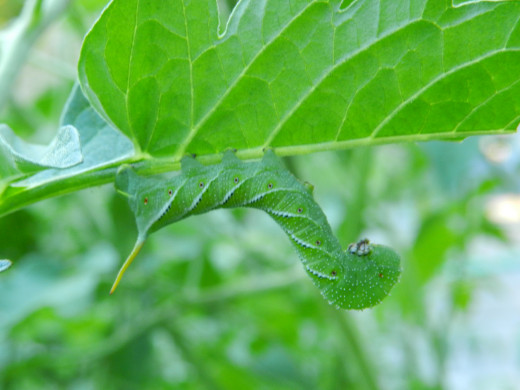
Pest Control
There are several methods to control destructive pests. These methods do not contain harmful chemicals, but require careful identification and precise application according to label directions.
Insecticidal Soaps
Detecting young caterpillars and aphids early will increase the effectiveness of insecticidal soaps. Do not overuse insecticidal soaps because effectiveness will decrease over time. Soaps create a thin film on the bodies of insects that interferes with insect respiration.
Bacillus thuringiensis
This method is ingenious when observed at a micro scale. Bacillus thuringiensis (Bt) is a type of bacteria that naturally dwells in soil. The ingenious aspect of certain Bt strains occurs during reproduction, which uses spores to reproduce. Bt releases crystal proteins during sporulation called "endotoxins." The endotoxins are destructive to insect digestive systems.
Bt has been used since the 1920s, and is renown for being environmentally safe. Humans, animals, beneficial insects, and other plants are unaffected by Bt. Bacillus thuringiensis is a true wonder of nature.
Neem Oil
Neem oil is extracted by pressing the fruits and seeds of Azadirachta indica trees, which are evergreens unique to the Indian subcontinent. It is one of the most valuable and environmentally friendly products for organic farming. Neem oil should be concentrated on the food sources of pests. Some neem formulations may burn foliage if applied on a sunny day, so be careful and follow the label directions precisely.
Neem oil is effective in repelling many pests such as mealy bug, beet armyworm, aphids, cabbage worms, thrips, whiteflies, mites, fungus gnats, beetles, moth larvae, mushroom flies, leafminers, caterpillars, locust, nematodes, Japanese beetle, ants, bedbugs, cockroaches, houseflies, sandflies, snails, termites and mosquitoes. The oil will kill many kinds of insect larvae as well. Neem oil is not harmful to mammals, birds, earthworms, and some beneficial insects as long as the oil is not concentrated on non-pest food sources.




